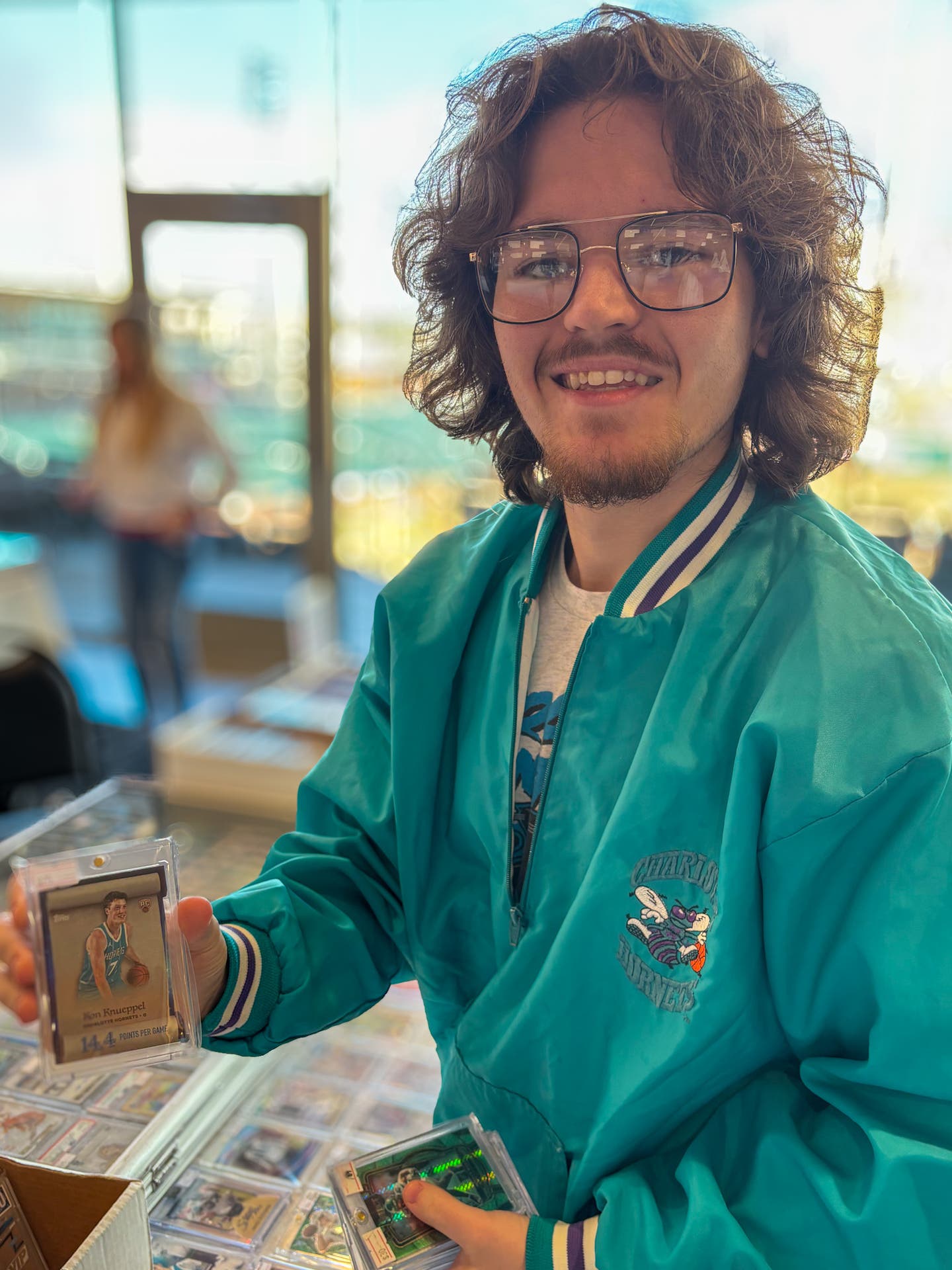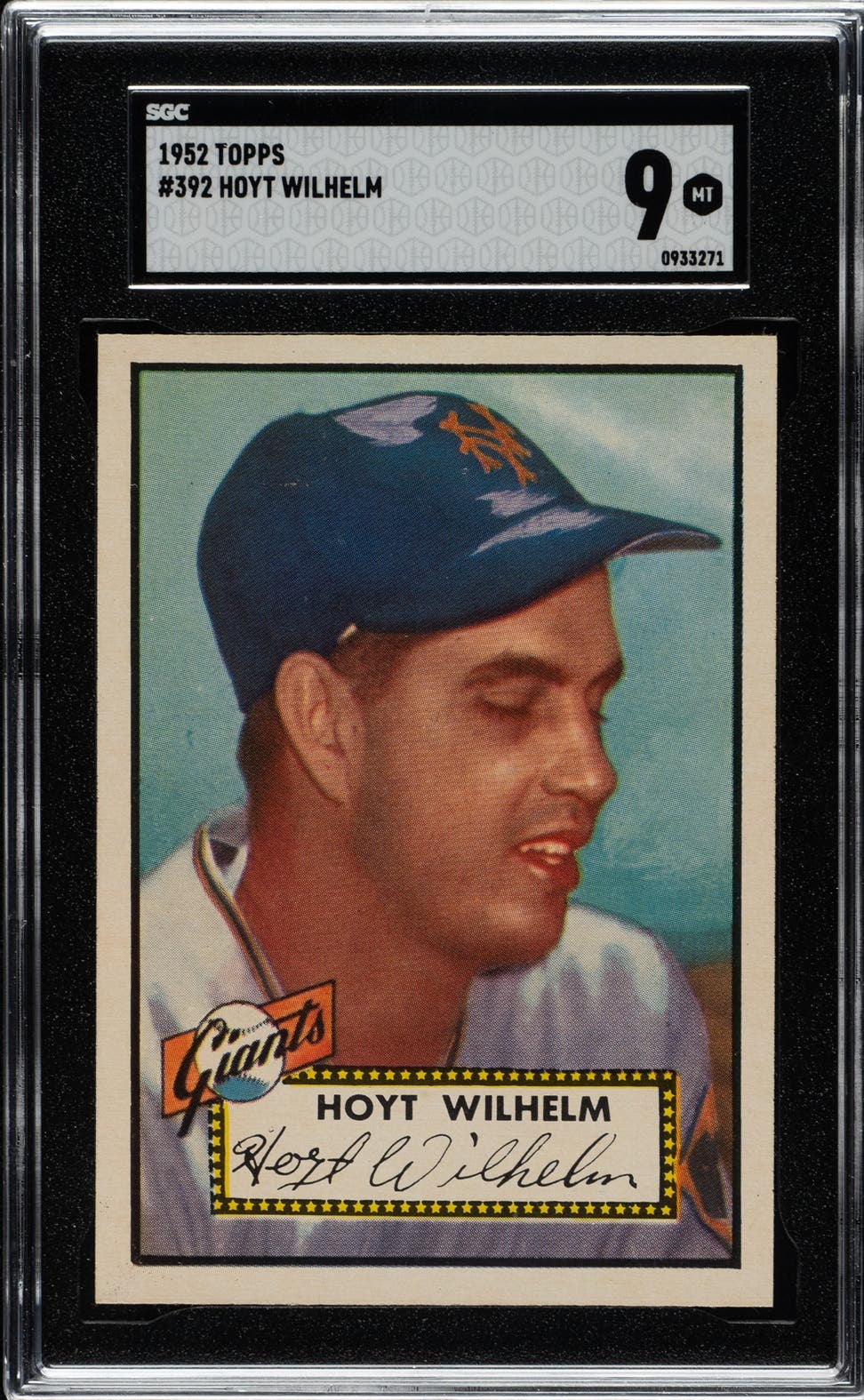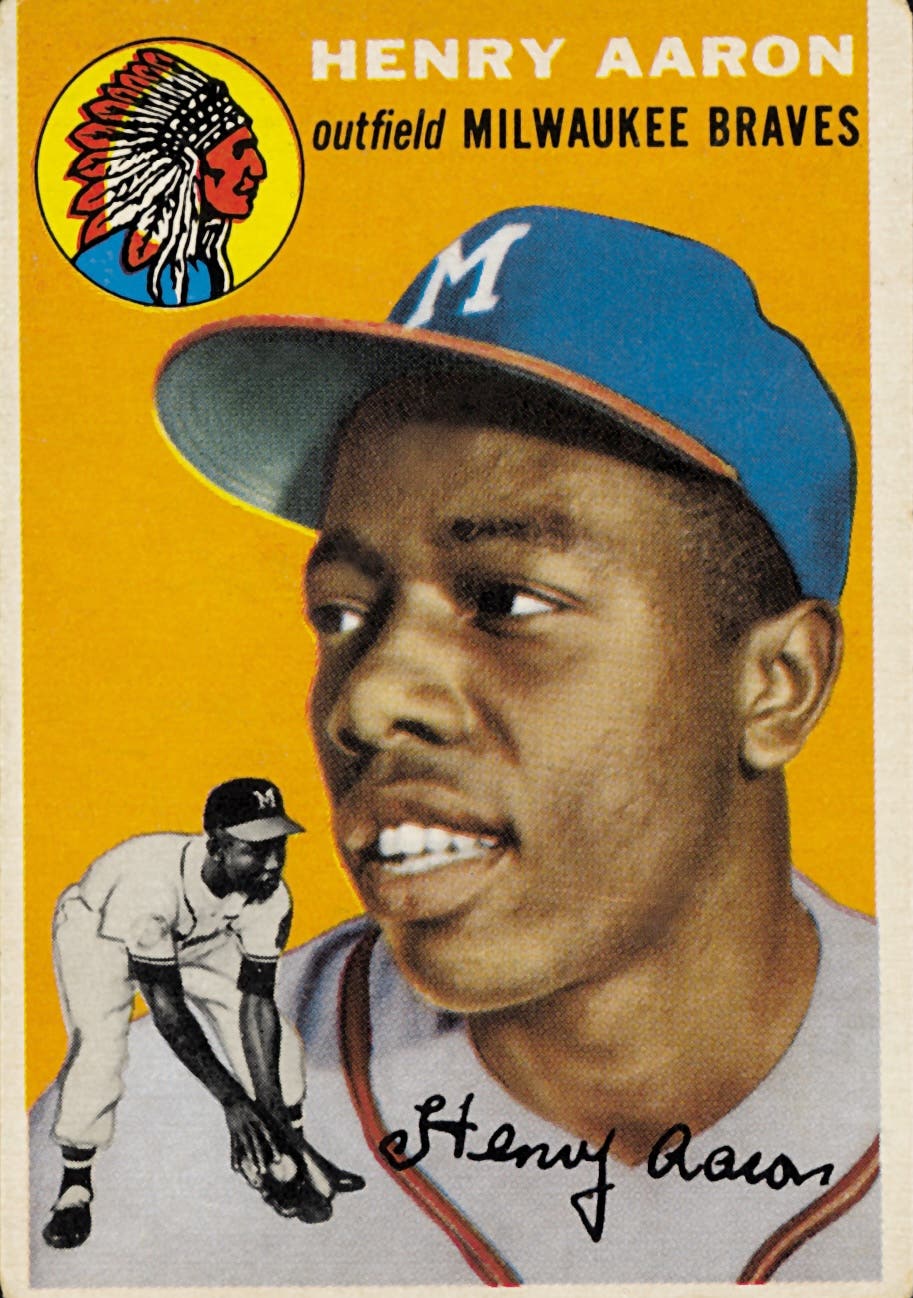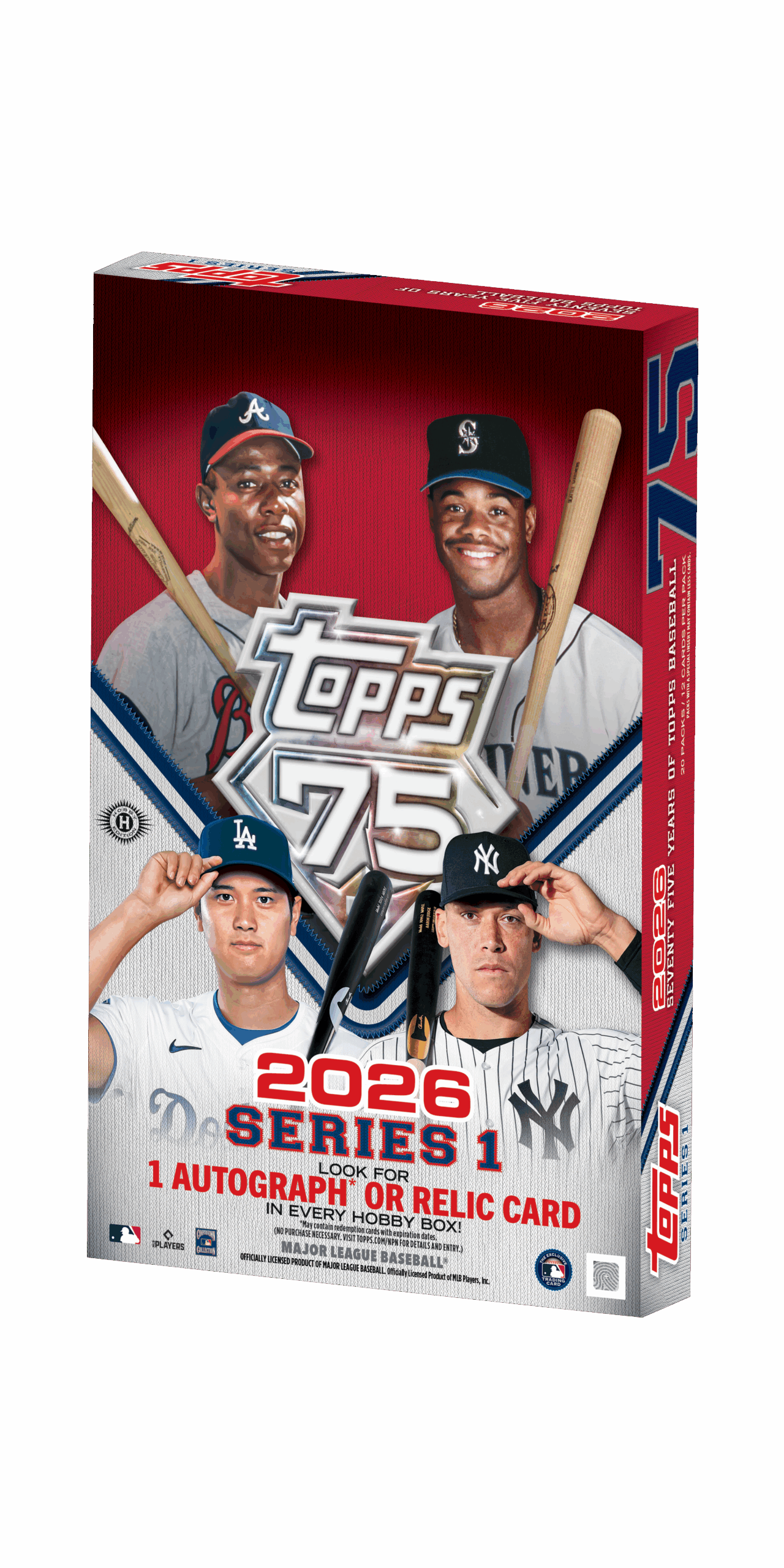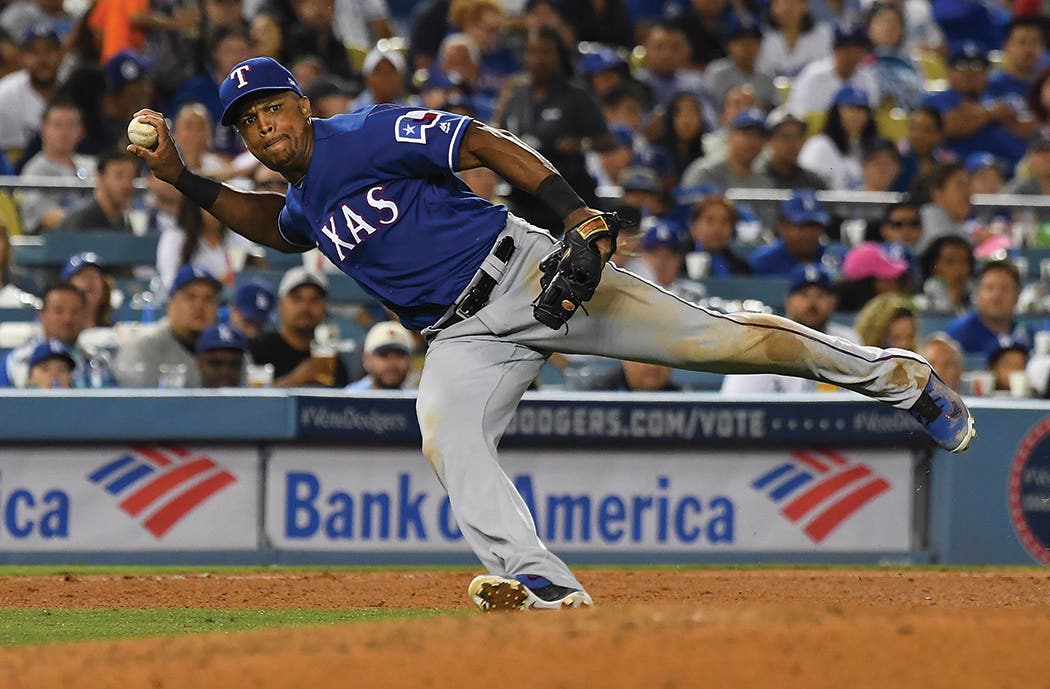
News
Adrián Beltré’s journey to Cooperstown began with a fun-filled move to the Texas Rangers
Some people just get better with age. Take newly elected Baseball Hall of Famer Adrián Beltré, for example.
He played his best major league baseball after age 31. He hit 30 or more home runs four times, batted .300 or better in six seasons, had four 100-plus RBI seasons, collected 1,466 hits, and won three of his four Silver Slugger Awards and three of his five Gold Gloves—all after the age of 30 when most players are slowing down. He became an All-Star for the first time at 31 and followed it up with three more visits to the All-Star Game. He secured his place in Cooperstown during the twilight of his career, which, for Beltré, was his prime.
Baseball fans and sportswriters compare Beltré to some of the best third basemen who ever played the game—and he was. Beltré will be the first to tell you he did not have the typical major league career.
He was a late bloomer. That made him stand out, in addition to his lifetime stats: 3,166 hits, 477 homers, and 1,707 RBI over 21 seasons in the big leagues (1998–2018) with four different teams—the Los Angeles Dodgers, Seattle Mariners, Boston Red Sox, and Texas Rangers. He’ll have a Rangers cap on his Cooperstown plaque.
Growing up in the Dominican Republic, Beltré was surrounded by people who played baseball and played it well.
“Since I was a little boy, all I knew was baseball. My dad played baseball, my uncle, my cousin. I fell in love with baseball,” the third baseman says.
Beltré’s dad, Bienvenido, introduced his young son to baseball scouts whenever he could. Baseball great Felipe Alou, a Dominican native who played in the major leagues from 1958 to 1974, was a family friend.
“When I was 14, I knew baseball was going to be my life. I knew I was going to be a professional baseball player,” the new Hall of Famer notes.
Signed by the Dodgers in 1994, the young Beltré, still in his teens, was considered one of the organization’s hottest prospects. He quickly worked his way through the Dodgers’ farm system, making a good enough impression to get a call-up on June 24, 1998.
However, when the highly touted rookie first reached the major leagues, he didn’t take the baseball world by storm. Oh, he had his moments. In his first at-bat in the majors, for instance, the energetic right-handed batter slapped a run-scoring double off seasoned Angels hurler Chuck Finley. But the hits didn’t keep coming right away.
He recalls putting too much pressure on himself when he first arrived in the majors and being a bit nervous at first.
“It took me a little while. I wanted to get better but I didn’t know how,” he says. “For me it was about being consistent and figuring out what worked for me.”
Experience helped the gifted third baseman. So did learning how to deal with the highs and lows of the game on an everyday basis. Yet, once again, that learning experience took time and didn’t come easily.
In 1998, Beltré ended the season with a disappointing .215 average in 77 games. He did a bit better in 1999, hitting .275, and improved to .290 in 2000. But then came three subpar seasons until his breakout year in 2004, when he batted .334 for the Dodgers with 200 hits, 121 RBI, and a National League-leading 48 homers.
The timing was great. Beltré was a free agent after the 2004 season. He wanted to stay with the Dodgers, but they were slow to make an offer. The Seattle Mariners weren’t, and Beltré ended up signing a lucrative contract to play at Safeco Field in 2005.
Once again, Beltré felt pressure to perform as he tried to prove he was worth the investment. In his five seasons with the Mariners (2005–2009), he only batted .266 and hit just 103 homers in what should have been his prime—ages 26-30. In Seattle, he never caught fire again as he had in his last season with the Dodgers. However, his stylish fielding at the hot corner never faltered. He even won two Gold Gloves with Seattle.
After the 2009 season, the third baseman became a free agent again and inked a one-year deal with the Red Sox for the 2010 season. That was quite a year. At 31 years of age, he belted 28 homers, 49 doubles, and 102 RBI while batting .321.
In 2011, Beltré signed with the Rangers and showed the baseball world that he, indeed, had saved his best for last.
“When I got to Texas, I finally felt comfortable. Everything clicked for me,” Beltré, now 44, explains.
The Rangers’ hitting coaches helped Beltré with his swing, and he became more consistent at the plate. The lifetime .286 hitter says the Rangers had a great group of players, and he never felt he was carrying the team’s fortunes alone.
“That made it easier for me to just go out there and play the game,” Beltré said. “Everybody contributed. They had been in the World Series the year before [2010] and they were ready to win.”
And Beltré found something in Texas that he had lost along the way—a sense of fun.
“When I came to Texas, I started having fun playing baseball again. Like I did as a kid,” he said.
He reached milestones in his eight seasons in Texas (2011–2018), eclipsing 400 homers, 1,700 RBI, and 3,000 hits. In his first six seasons with the Rangers, he played well enough to garner votes for the AL MVP each season, all of which helped punch his ticket to Cooperstown in his first year of eligibility.
“Being in the Hall of Fame is never even something I ever dreamt possible,” he says.
But even with all his accomplishments, Beltré is disappointed that he and his teammates couldn’t bring the Rangers their first World Series championship.
In 2011, the Rangers won the American League pennant with Beltré but lost the World Series in seven games to the St. Louis Cardinals. He batted .300 in that World Series. The Rangers didn’t win their first Fall Classic until 2023 after Beltré had retired.
“Along the way I learned how to play with injuries, perform with injuries, come out on the field every day, and have fun,” Beltré notes. “So, I’m proudest of the fact that I was able to compete for so long and compete at the highest level. I’m proud I was able to stay on the field as long as I did.”
Which, of course, contributed to making him a player for the ages
You may also like:



